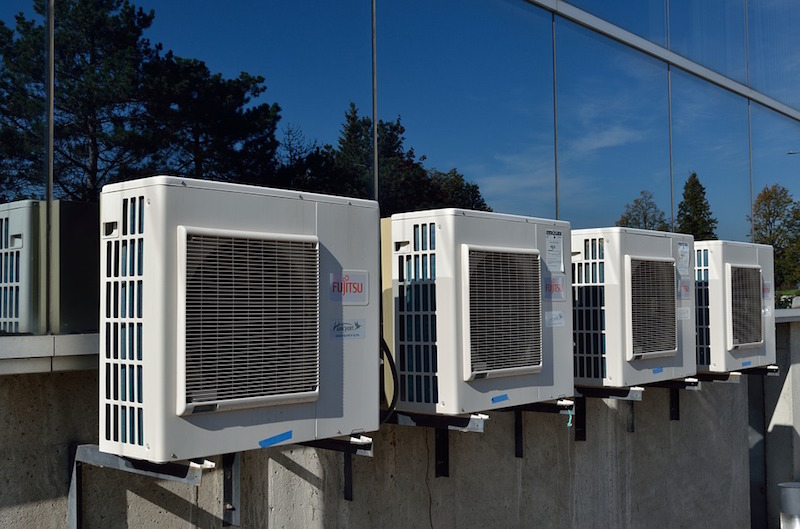Setting the air conditioning too high in an office is not only irresponsible from an energy use standpoint, it also degrades employee productivity.
There is strong data to back that premise. The director of the Human Factors and Ergonomics Laboratory at Cornell University pointed to a study that found offices with temperatures in the low 70s reduced the output of employees and led to increased mistakes.
The study measured the number of keystrokes employees typed in an office. In a 78F environment, workers produced more than twice as many keystrokes as those in a 70-degree environment. Productivity rose along with temperature in a linear fashion into the high 70s. It began to drop when temperatures reached the mid-80s.
The cold is distracting, with people doing things like rubbing their hands together for warmth. This issue may be impacted by the increased popularity of lighter, more casual wear in the office. De facto cooling temperature standards of 68F to 72F were established in the 1960s when business suits were the dominant office attire.
Related Stories
| Apr 13, 2012
New York City’s building department investigating structural collapse that killed worker
Following a worker’s death, the collapse of a century-old, two-story warehouse under demolition as part of Columbia University’s expansion is under investigation by the city’s Building Department.
| Apr 13, 2012
Federal court reduces statute of limitations for OSHA action on record-keeping violations
The U.S. Court of Appeals for the D.C. Circuit sharply curtailed the period of time that companies can be cited for Occupational Safety and Health reporting violations, reversing the decision of an administrative panel and longstanding agency precedent.
| Apr 13, 2012
CSI webinar: Green Construction Codes Are Here -- Now What?
This seminar will trace the origins of green codes, how they compare and differ from the rating systems that have been used, and examine some of their main features.
| Apr 5, 2012
Retailers, banks among most affected by new ADA rules
On March 15, the most significant changes to the Americans with Disabilities Act (ADA) since it became law in 1991 went into effect.
| Apr 5, 2012
Florida ranks first in hurricane building codes and enforcement
Florida ranks highest among 18 hurricane-region states for building codes and their enforcement, according to the Insurance Institute for Business & Home Safety.
| Apr 5, 2012
New IgCC green building code is a ‘game changer,’ AIA official says
An AIA official calls the new International Green Construction Code (IgCC) a “game changer” for sustainable construction.
| Apr 5, 2012
Model energy codes add thousands to cost of new apartment construction, study says
New energy codes could add thousands of dollars to the construction costs of each individual apartment residence in a multifamily building, according to new research commissioned by the National Multi-Housing Council and the National Apartment Association.
| Apr 5, 2012
LEED 2012 will include new requirements for data centers
The U.S. Green Building Council’s updated LEED 2012 standards will require two systems to be modeled for each project in order to show power utilization effectiveness.















